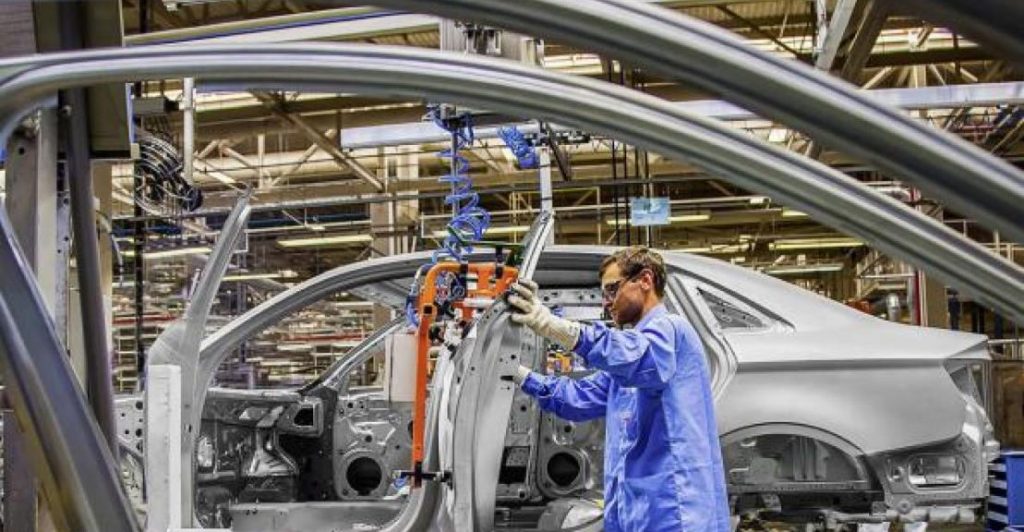
Introduction
Lean manufacturing, a systematic approach to reducing waste and improving efficiency, has its roots in the automotive industry of Japan. As businesses worldwide have come to recognize its immense value, there’s been a notable surge in its adoption, especially in emerging markets. But with unique challenges these markets present, how does a lean manufacturing consultant navigate this intricate landscape? And what rewards lie beyond the hurdles?
1. Challenges Faced by Lean Manufacturing Consultants in Emerging Markets
Cultural Differences and Misconceptions
For many in emerging markets, the concept of ‘lean’ can be misconstrued as cost-cutting rather than value addition. A lean manufacturing consultant often needs to address and rectify these misconceptions, ensuring the true essence of lean is understood and embraced.
Infrastructure Limitations
From inconsistent power supply to underdeveloped logistics networks, infrastructural challenges can impede the smooth implementation of lean methodologies.
Skill Gaps
Emerging markets may lack skilled manpower familiar with lean concepts. This necessitates extensive training and capacity building.
Resistance to Change
In traditional manufacturing setups, there might be resistance to adopting new methodologies, especially if the initial benefits aren’t immediately apparent.
2. Rewards Awaiting Beyond the Challenges
Operational Excellence
Emerging markets, with their dynamism, offer a fertile ground for lean methodologies. Once implemented, businesses can witness dramatic improvements in efficiency, reduced waste, and enhanced product quality.
Increased Competitiveness
With lean practices in place, manufacturers in emerging markets can produce high-quality products at competitive prices, giving them an edge in both local and global markets.
Employee Empowerment
Lean manufacturing isn’t just about processes; it’s about people. By empowering employees to participate in continuous improvement initiatives, there’s a notable increase in job satisfaction and motivation.
Scalability and Growth
As inefficiencies are curbed, businesses can scale more rapidly, seizing the vast opportunities emerging markets offer.
3. The Role of a Lean Manufacturing Consultant in this Journey

Tailored Solutions
Understanding the unique challenges and nuances of an emerging market, a lean manufacturing consultant crafts solutions tailored to that specific context.
Training and Skill Development
Beyond introducing tools and methodologies, the consultant plays a crucial role in upskilling the workforce, ensuring the sustainability of lean practices.
Continuous Improvement
The journey of lean is never-ending. Consultants ensure that the spirit of continuous improvement is embedded in the organization’s culture.
The Intricacies of Lean Manufacturing in Emerging Markets
As the global business landscape continues to evolve, the spotlight shines ever more brightly on emerging markets. These regions, characterized by their rapid industrial growth and vast untapped potential, present a unique blend of challenges and opportunities. Within this context, the role of a lean manufacturing consultant is paramount.
4. Unearthing the Underlying Challenges
Volatile Market Conditions
Emerging markets often face fluctuations in demand and supply, making it challenging to predict and plan production schedules. A lean approach emphasizes just-in-time production, but volatility can strain this principle.
Regulatory Hurdles
Emerging markets might not have a streamlined regulatory environment. Frequent policy changes and bureaucratic red tape can impede lean implementation, as processes need continuous tweaking to remain compliant.
Cultural Barriers to Communication
Effective communication is the backbone of lean. However, linguistic and cultural barriers in these markets can sometimes distort the intended message, leading to inefficiencies.
5. Strategies Employed by Lean Manufacturing Consultants
Stakeholder Engagement
Consultants often engage with all stakeholders, from top management to floor workers, ensuring everyone’s alignment with the lean vision.
Hybrid Approaches
Instead of a full-fledged transformation, consultants might recommend a hybrid approach, blending traditional manufacturing methods with lean principles to ensure smoother transitions.
Emphasis on Localized Solutions
While the core principles of lean remain universal, their application can be localized. Consultants often incorporate local cultural nuances, ensuring that lean methodologies are culturally sensitive and relevant.
6. The Lucrative Rewards: Beyond the Tangible
Brand Reputation and Global Recognition
Successfully implementing lean in emerging markets can elevate a brand’s reputation, signaling to global partners and customers a commitment to quality and efficiency.
Sustainability and Environmental Impact
Lean’s focus on reducing waste directly aligns with sustainable practices. Businesses can significantly reduce their carbon footprint, contributing positively to environmental conservation.
Innovation and Adaptability
Emerging markets, with their diverse challenges, often become hotbeds for innovation. Lean methodologies, with their emphasis on continuous improvement, foster an environment conducive to innovative solutions and adaptability.
7. Case Studies: Lean Success Stories in Emerging Markets

Automotive Sector in Brazil
Brazil’s automotive sector has seen the successful integration of lean principles, with several manufacturers reducing lead times and achieving almost 50% reduction in defects.
Textile Industry in Bangladesh
Despite infrastructural and skill challenges, Bangladesh’s textile industry has embraced lean. The results? Improved production cycles and enhanced worker safety.
8. Future Prospects: The Evolving Role of the Lean Manufacturing Consultant
Integration with Industry 4.0
As emerging markets gradually adopt the principles of Industry 4.0, consultants will play a pivotal role in integrating lean with digital manufacturing processes.
Focus on Small and Medium Enterprises (SMEs)
While large corporations have been the traditional beneficiaries of lean, the future sees a shift towards SMEs. Consultants will be instrumental in scaling lean methodologies to fit smaller operations without diluting their essence.
Sustainability as a Core Principle
With global emphasis on sustainability, lean manufacturing consultants will increasingly focus on green lean, ensuring that manufacturing processes are not just efficient but eco-friendly.
In Conclusion: The Road Ahead
The journey of lean manufacturing in emerging markets is akin to navigating a river with its calm stretches and turbulent rapids. The challenges, while substantial, are not insurmountable. With the expertise of a lean manufacturing consultant, businesses can harness the power of lean, transforming challenges into stepping stones leading to operational excellence.
As emerging markets continue to shape the global economic narrative, their embrace of lean manufacturing principles signals not just a commitment to efficiency but a vision for a sustainable, innovative, and prosperous future. The journey might be intricate, but the destination promises unparalleled rewards.
